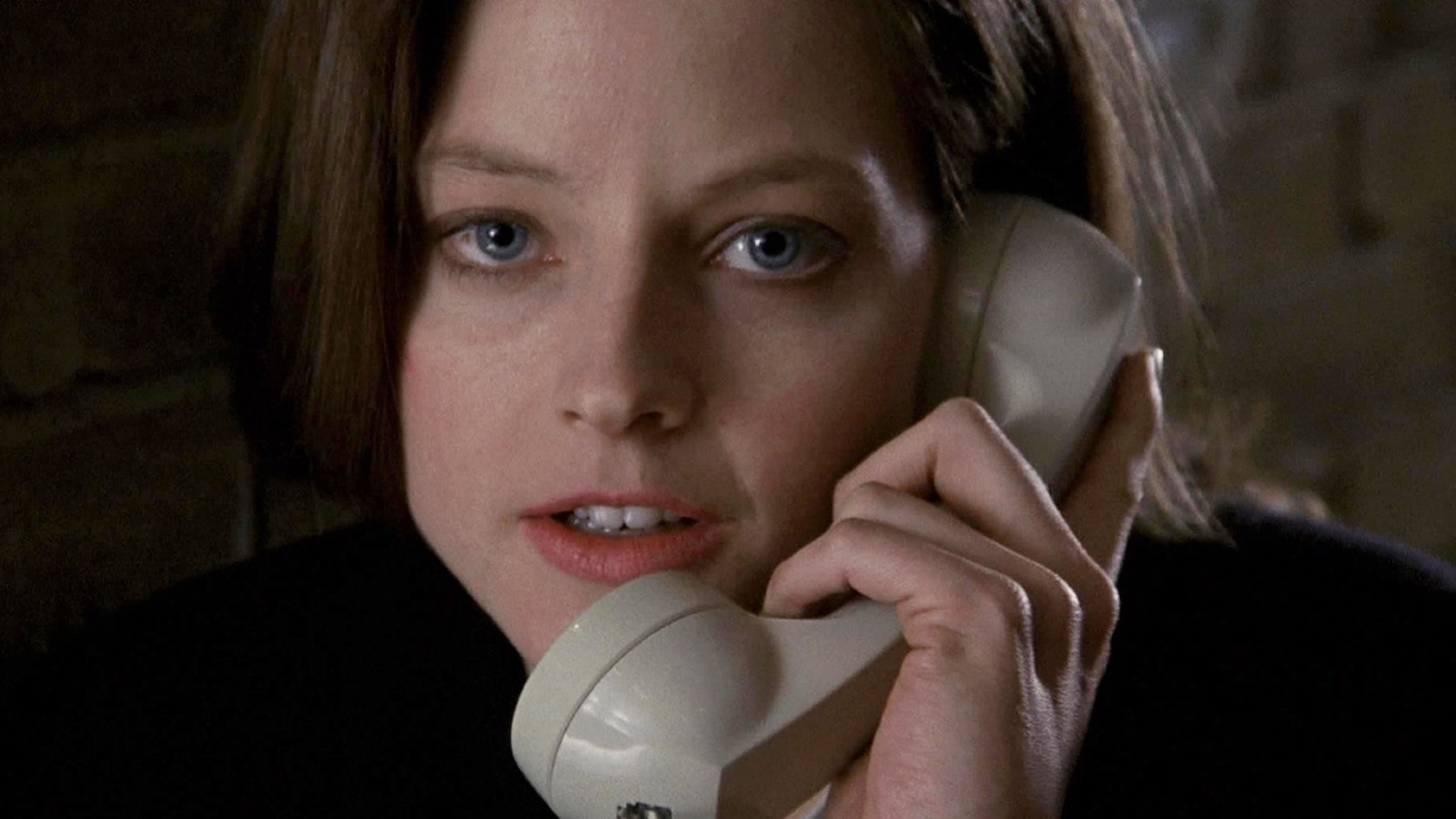
The Singular Horror Film That Claimed Best Picture at the Oscars
When you think about the Academy Awards, horror films don’t exactly come to mind. It’s a puzzling reality, considering how essential the horror genre is to filmmaking. Many of Hollywood’s greatest directors began their careers in horror, and fundamental innovations in cinema were birthed from the genre’s creative demands. Dismissing horror from any serious exploration of film is to fundamentally misread its significance. So, why does the Academy of Motion Picture Arts and Sciences often overlook horror?
This oversight stems from a complex mix of outdated cultural perspectives and an ongoing debate about what constitutes high art versus low art. There’s a prevailing classism at play, with horror films often perceived as “cheap” entertainment or “B-movies,” sometimes even seen as morally dubious. Yet, there are occasions when the artistry, popularity, and impact of a horror film become undeniable. This was remarkably true in 1992 during the 64th Academy Awards when Jonathan Demme’s “The Silence of the Lambs” made history as the first horror film to win Best Picture.
Even as of 2024, it stands alone in this accomplishment, having triumphed alongside awards for Best Director, Best Actor, Best Actress, and Best Adapted Screenplay. This film’s mix of exceptional craftsmanship, timely themes, and chilling narrative struck a chord with Oscar voters. Winning Best Picture at the Oscars typically elevates a film into the cultural canon. Some films spark debate over their merit (looking at you, “Crash”), while others, like “Oppenheimer,” earn universal accolades. “The Silence of the Lambs” falls into the latter category for good reason.
Demme, a versatile director who navigated various genres with ease, honed his skills while working with Roger Corman and New World Pictures in the 1970s. By the time he directed “Lambs” in 1991, he had already created several successful films, including the acclaimed concert documentary “Stop Making Sense” and the romantic comedy “Married to the Mob.” This background enabled him to craft an adaptation of Thomas Harris’ Hannibal Lecter novel that was both artistically rich and broadly appealing.
Hannibal Lecter was not new to cinema when “Lambs” premiered; Michael Mann’s “Manhunter” had already introduced the character to audiences. However, Anthony Hopkins’ iconic portrayal in “Lambs” solidified Lecter in the cultural landscape, overshadowing the film’s other antagonist, Jame Gumb. In hindsight, while some aspects of the film are controversial, it was viewed as remarkably progressive for its time, exploring serious themes like serial murder and the feminism embodied by FBI Agent Clarice Starling, portrayed by Jodie Foster.
“The Silence of the Lambs” is not just another horror movie; it’s a brilliantly crafted thriller with a gripping narrative, memorable characters, and terrifying sequences, such as its night-vision climax, that continue to unsettle viewers. This mastery of tone, theme, and emotional stakes likely made it irresistible to Academy voters.
Despite the accolades for “The Silence of the Lambs,” it is sobering to note that no horror film has won the Best Picture title since. Horror, however, should not strive for societal validation. The genre serves a vital role in delivering social commentary unencumbered by overt details, allowing filmmakers to address pressing issues while maintaining an edge. While it may seem improbable to claim that horror films should have dominated the Best Picture category more frequently since 1992, arguing that no horror film has merited the honor is equally absurd.
Consider films like David Fincher’s “Se7en,” M. Night Shyamalan’s “The Sixth Sense,” Ari Aster’s “Hereditary,” and Jordan Peele’s “Get Out.” Each of these films exhibits the depth and excellence comparable to “The Silence of the Lambs,” and while they garnered nominations, none won the top prize.
The horror genre has experienced a resurgence this year, contributing significantly to box office success as numerous engaging titles have captivated audiences. While the Academy’s voting structure inevitably favors certain films, it is time for the recognition of horror in the top tier. Perhaps this could finally be the year when Hannibal Lecter is dethroned, and a horror film once again captures the coveted Best Picture award.



